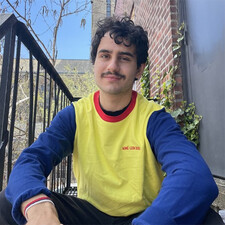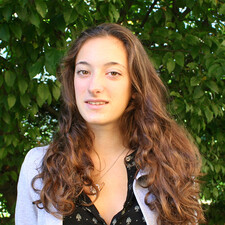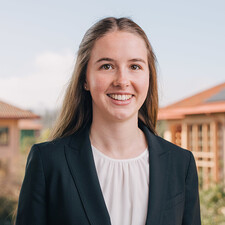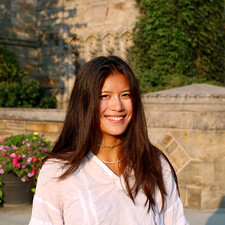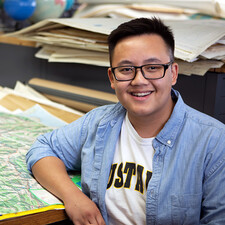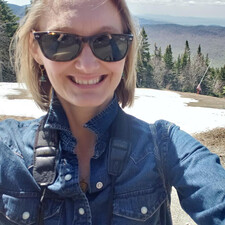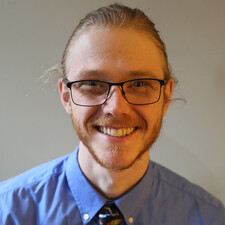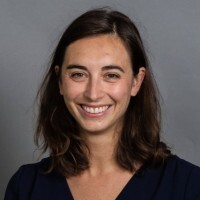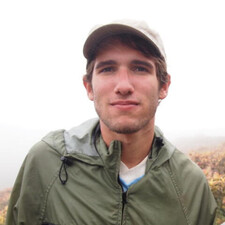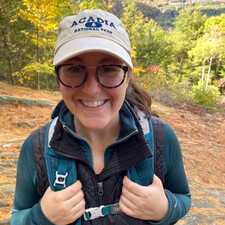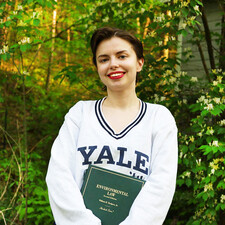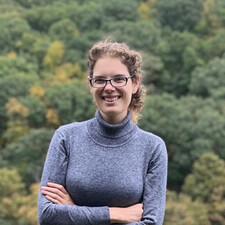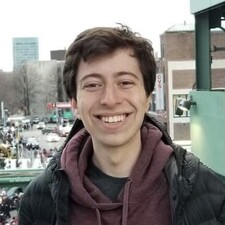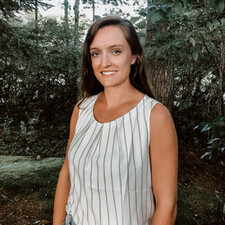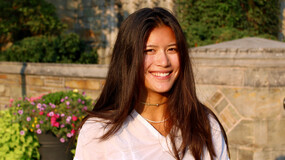Call for Applications
The Law, Environment & Animals Program's (LEAP's) Student Grant Program seeks to support Yale University student-led research and creative projects during the academic year and the summer, focused on advancing understanding of, drawing attention to, and/or developing strategies to address the urgent threats facing non-human animals. Applications for the grant program are now open and will close March 28, 2026 at 12pm EST. If you have questions, please contact LEAP Litigation & Program Fellow Naomi Jennings (naomi.jennings@yale.edu).
How to Apply
Applications for the next round of funding are open on the Yale Student Grants Database. If you have any questions about potential projects, the application, or the program requirements, please contact LEAP Litigation & Program Fellow Naomi Jennings (naomi.jennings@yale.edu). Applications for the grant program are now open and will close March 28, 2026 at 12pm EST.
Requirements
LEAP Student Grant recipients will be required to submit a summary of their projects (approximately 1,000 words) by December 1 in the year of their award. (Projects should be completed by December 1, though we’re happy to be flexible on the length of this summary and the due date for projects that require more time if provided with advance notice.) Students will also be asked to present their project at a LEAP event during the following academic year, and the project summaries and/or interviews with grant recipients will be featured on the LEAP website. Depending on the format and availability of the final project work product, we may ask permission from grant recipients to also post or link to the full project itself.
Eligibility
Current Yale students at any level (professional, doctoral, master’s degree, undergraduate) are invited to apply. Applicants may work individually or in teams. Projects may have a faculty advisor or collaborator, but are not required to.
The funding is intended to pay for expenses needed to advance the project, such as costs associated with conducting interviews or research, purchasing access to datasets, paying for web hosting or materials, etc. Funding is not available to pay salaries for applicants or conference attendance (unless the conference attendance is part of a research project). We encourage applicants working on larger projects to seek additional sources of funding.
All funding used for travel must comply with Yale University’s travel policy and guidelines.
Selection Process
Proposals will be evaluated by a committee of LEAP faculty and staff. Projects will be evaluated based on the thoughtfulness, creativity, and originality of the proposed project; the clarity and quality of the application; the potential of the project to have a meaningful impact; the potential of the project to advance the applicant’s personal and professional development; and the feasibility of the project’s timeline, goals, and budget.
Payment Information
Payments will be made in advance, based on the budget submitted with the application. Please note: The University will not withhold federal or state income tax, but the grant payment is tax reportable. For grant amounts over $600 the University will issue a 1099-MISC form for the amount of your grant. Since the Law School is not and cannot be a tax adviser, it is solely recipients' responsibility to check applicable state and local tax regulations, or to consult a tax adviser to ensure compliance with such requirements.
Tax information for international students: The Internal Revenue Service (IRS) requires Yale University to apply specific federal tax withholding and reporting rules consistent with your U.S. tax status, i.e., resident alien or nonresident alien. Resident aliens are taxed same as U.S. citizens, while nonresident aliens are taxed under different withholding and reporting rules. If you are considered nonresident alien under F-1 or J-1 visa status, the fellowship will be subject to 14% federal tax withholding and reporting on Form 1042-S, unless a tax treaty applies. International students are required to complete the Sprintax Calculus application to determine U.S. tax residency and treaty eligibility. If you have not completed the Sprintax Calculus application or you would like to update your information, please send email to internationaltax@yale.edu, please include your full name and UPI number in the email.







